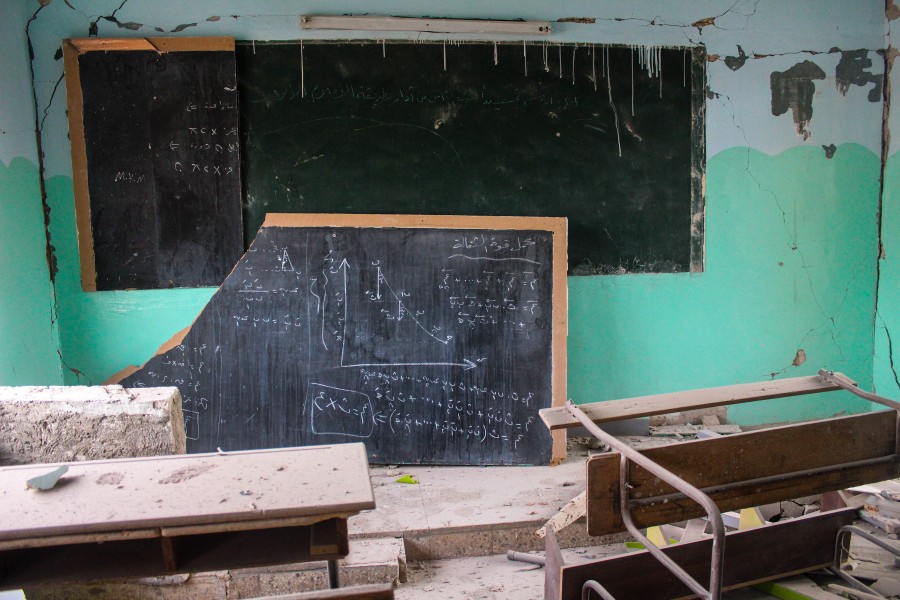Background
The conflict in Syria began in March 2011 as a peaceful popular uprising against the regime of Bashar al-Assad. Protesters were met with brutal violence by the government and the revolution eventually transformed into a full-scale, complex civil war between the al-Assad regime and an armed opposition involving both state and non-state actors, as well as various allied international powers.
The root causes of the conflict date back decades. The repressive policies of Bashar al-Assad and his father before him created an authoritarian state. Tactics such as torture, political detention, and repression of civil liberties were common, facilitated by an emergency law enforced for nearly five decades.
The conflict has been characterized by a disturbing disregard for international human rights and international humanitarian law. Hundreds of thousands of civilians have been killed and even more have been forcibly disappeared or tortured. Flagrant attacks on communities, documented by civil society groups, have destroyed vital infrastructure and public services, including hospitals and over 1,200 schools.
As the conflict drags on, the human cost continues to rise, with millions of Syrians forcibly displaced, including millions who have been forced to flee the country. Children have experienced particular harms, including lasting trauma and disabilities, a lack of education, and the risk of radicalization.
The lack of progress in peace and political negotiations to bring the conflict to an end and obstacles to pursuing formal redress and legal accountability have been major sources of frustration and fatigue among civil society groups. Interest in the role of transitional justice for the country, however, has not diminished.
